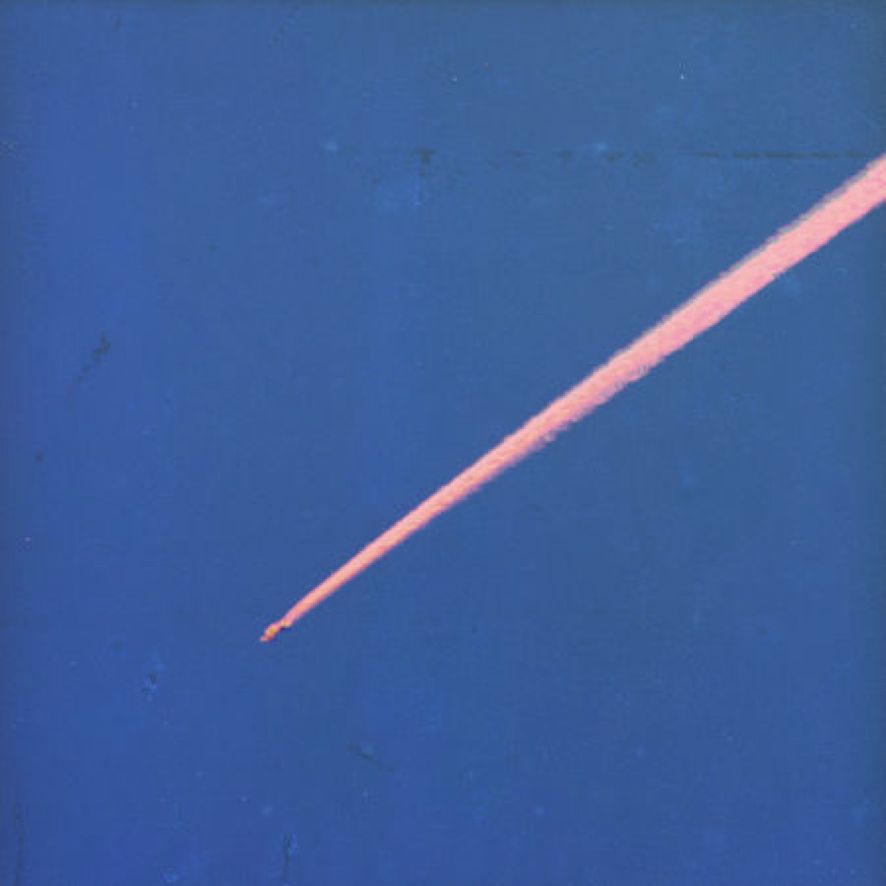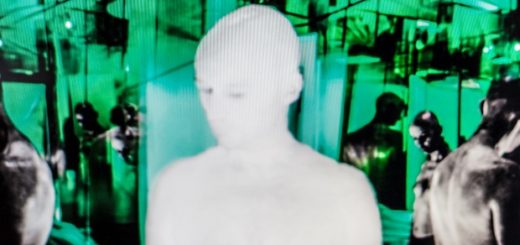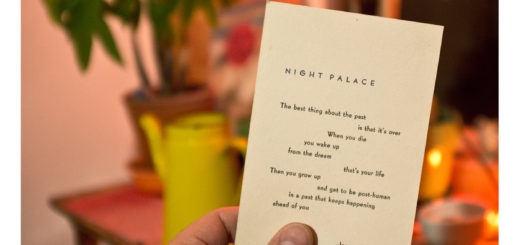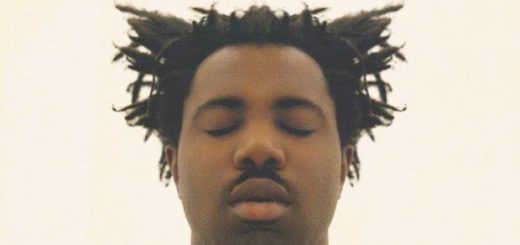THE OOZ by King Krule

King Krule – THE OOZ
Genre: Art Rock
Favorite Tracks: “Biscuit Town,” “Dum Surfer,” “Slush Puppy,” “Logos,” “Lonely Blue,” “Czech One,” “La Lune”
A man of many monikers, London’s Archy Marshall has released a number of albums bridging, and often pioneering, numerous genres. On his latest release as King Krule, THE OOZ, Marshall seems to be have reached his most impressively self-realized and ambitious incarnation yet.
Though the indie rock sadboy is an oversaturated apparition in the 2010s music scene, Marshall has retained a reclusive confessionalism that has put him ahead of his peers since he started releasing singles as Zoo Kid in 2008. Now 23, Marshall has dabbled in crooning rock and roll reminiscent of early Tom Waits, caucasian London grime, and propulsive no wave that recalls the bleakness of Sonic Youth’s self titled debut.
THE OOZ opens with the detuned electric pianos of “Biscuit Town.” Though it is more sonically similar to Thelonious Monk than The Damned, there is an overarching volatility to the track that extends throughout the entirety of the album. In the first verse Marshall muses “I think he might be bipolar” over a scattered drum sample that recalls the excellent track “Will I Come” from his debut, 6 FEET BENEATH THE MOON. Marshall’s ramblings about bipolarity feel self-directed, and mental illness is no new theme for Marshall. In fact is is often one of the most strangely inviting aspects of his work. In an age of WebMD self-diagnosis, being a troubled young hermit with a cigarette constantly glued to his lips has helped King Krule become the poster child for the emotional transparency that has become widely accepted in the Tumblr. age.
With the album’s third track, “Dum Surfer” the prevailing anxiety of THE OOZ culminates on Marshall’s most outwardly punk track to date. Lyrical content discussing car wrecks and train crashes is complimented by screeching saxophones and jazz guitar chords. Though the vocals are often obscured by the controversial warbling of Marshall’s vocals, the repeating comprehensible line “that’s the end of that” provides a dejected urgency that hasn’t been as easy to pinpoint since his breakout single “Easy Easy.”
The following track, “Slush Puppy,” is more of a return to King Krule’s roots, but features an ambience and dissonance that did not appear in Marshall’s music until his previous album, 2015’s A NEW PLACE TO DROWN. Though almost three minutes long, the track plays like a sketch and ends with the line “nothing is working with me,” still not abandoning the hopelessness that bequeaths Marshall such a strange and appealing mystique.
King Krule has always been the most stylish of Marshall’s personas, and THE OOZ’s release beckons the listener to explore the meanderings of his suavest guise yet. On “Logos,” Krule mumbles about “the smell of smoke mixed with my cologne.” This line is the best summation of the King Krule character to date. Years ago during my initial captivation with 6 FEET BENEATH THE MOON, I came across an interview in which Krule described himself as a king amongst low lifes. The combination of eau de toilette and cigarettes is the perfect contextualization of this declaration. “Logos” is sonically the album’s best track as well, commencing with a chipper Roland bossa nova, followed by a detuned electric piano and topped off with a descending guitar line and shrill saxophones. Of the 19-song tracklisting, “Logos” is THE OOZ’s crowning moment and buried gem.
Following its peak, the album submerges into murky jazz. Standouts include the goth Elvis crooning of “Lonely Blue,” which plays like a mature sequel to 6 FEET BENEATH THE MOON standout “Baby Blue,” the single “Czech One,” which vaguely documents the relationship that inspired Marshall to start writing THE OOZ, and later “Vidual,” which commences with a RAIN DOGS polka and an eerie ascending melody—a welcome change that breathes an energy back into the album not present since “Dum Surfer.” Closing track “La Lune” is the album’s most content moment, sonically the warmest and lyrically the least angsty. Though it’s still steeped in melancholy, the gentler tone is a reward for the tortured journey the THE OOZ’s listening experience provides.
While the least approachable Archy Marshall endeavour, THE OOZ cements Marshall’s place as one of the greatest artistic minds of his generation. Even when he only had one album under his belt, Marshall felt engraved on the same plaque as artists like Frank Ocean and Mac DeMarco. THE OOZ continues Marshall’s trend of increasingly challenging his listeners while simultaneously challenging his own conventions. Harkening Mingus as much as it does James Blake, the album will likely be this year’s most ambitious indie release and will undeniably be remembered as one of the best releases in its niche of the decade.
Verdict: Recommend



